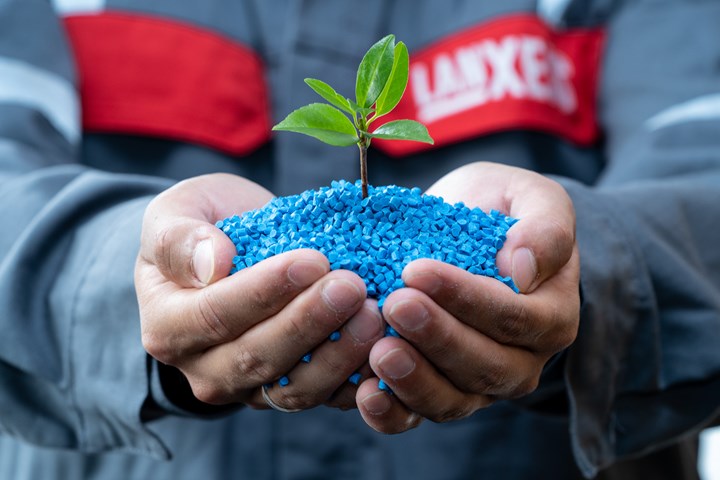BP and Lanxess in Strategic Partnership for Sustainable Raw Materials for Production of Nylon 6
BP will provide sustainably produced cyclohexane to Lanxess’s production site in Antwerp, Belgium.
A strategic partnership for the use of sustainable raw materials in engineering thermoplastics production has been formed between energy company BP and Lanxess. The former will supply sustainably produced cyclohexane to the Lanxess production site in Antwerp, Belgium, starting in the fourth quarter of 2021. Lanxess uses cyclohexane as a precursor in the production of high-performance nylon 6 resins and compounds, used primarily in the automotive industry as well as in the electrical and consumer goods industries.

The sustainable origin of the raw materials is certified according to ISCC Plus rules (“International Sustainability and Carbon Certification”). With this partnership, both companies, which already have a long-standing 大象传媒 relationship, want to significantly advance the production of sustainable plastics. BP uses biobased and biocircular feedstocks for the production of “green” cyclohexane, which can be rapeseed oil or biomass, for example.
Said Marcel Beermann, Lanxess’ head of global procurement and logistics, “High-performance plastics are the solution for many sustainable products, for example in various e-mobility applications. It is now important to also make the production of this valuable material sustainable. In this context, the use of biobased raw materials, along with modern recycling processes, is a key lever. We are delighted to have bp as a strategic partner at our side.”
Related Content
-
Breaking News From NPE2024
Here is a firsthand report of news in injection molding, extrusion, blow molding and recycling not previously covered.
-
How to Extrusion Blow Mold PHA/PLA Blends
You need to pay attention to the inherent characteristics of biopolymers PHA/PLA materials when setting process parameters to realize better and more consistent outcomes.
-
The Importance of Mass Balance in Chemical Recycling
Approaches to mass balance can dramatically impact calculations of recycled content.



